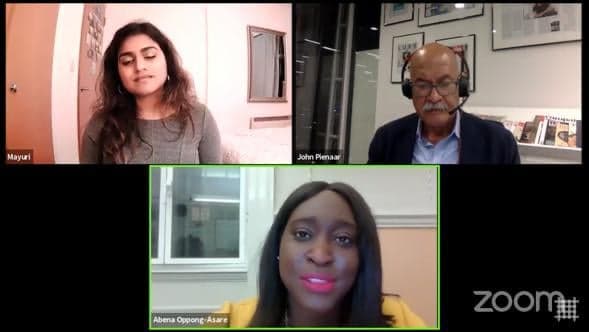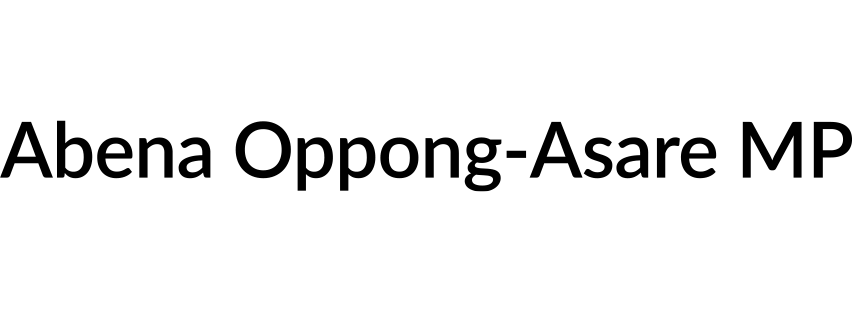Newcomer MP of the Year Award
 On Wednesday 2nd December I was awarded the Newcomer MP of the Year Award by the Patchwork Foundation.
On Wednesday 2nd December I was awarded the Newcomer MP of the Year Award by the Patchwork Foundation.
MP of the Year Awards seek to celebrate and recognise those MPs that uphold the ethos and values of the Patchwork Foundation; to champion underrepresented, minority or disadvantaged communities in the UK.
The awards are adjudicated on by an independent panel who choose a winner from the public nominees, taking into consideration the work and accolades of the selected MPs. They are traditionally presented at Speakers House in the Palace of Westminster however this year I took part in the virtual presentation.
Patchwork Foundation awarded me the Newcomer MP of the Year award for “successfully campaigning this year on discriminatory attitudes in the media and society.”

This year has been an extraordinary time to enter Parliament but I am grateful to have been given this opportunity to represent Erith and Thamesmead during these unprecedented times. The hardship people have faced during COVID-19 has been evident and the work to represent my constituents who are being left behind will continue far into the future.
However, I have not represented my constituents alone – I have done so alongside my fantastic team, community organisations, faith groups, teachers, NHS and care workers and many passionate and caring individuals. There are many obstacles we must tackle as a community and as a country and I am confident that over the next few years I will be able to work alongside my fantastic colleagues and constituents to create positive changes.
Imran Sanaullah, CEO, Patchwork Foundation said “I am grateful to all of our winners for taking the time to be a part of tonight’s ceremony. Now more than ever these awards are an important reminder that our democracy relies on diversity of thought and ensuring Parliament and civil society evolves to be more inclusive. We’re proud of the work we do at the Patchwork Foundation to educate young people in how their democracy works and we look forward to help continue to provide the tools and skills.”

